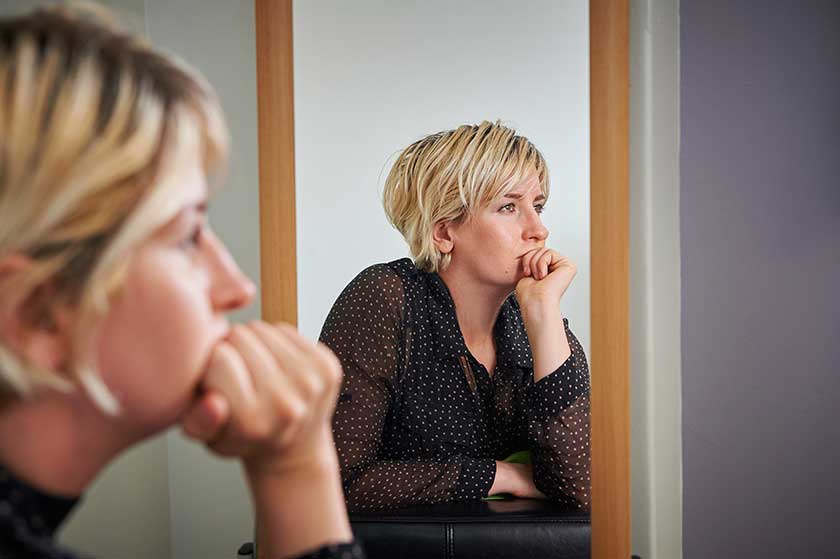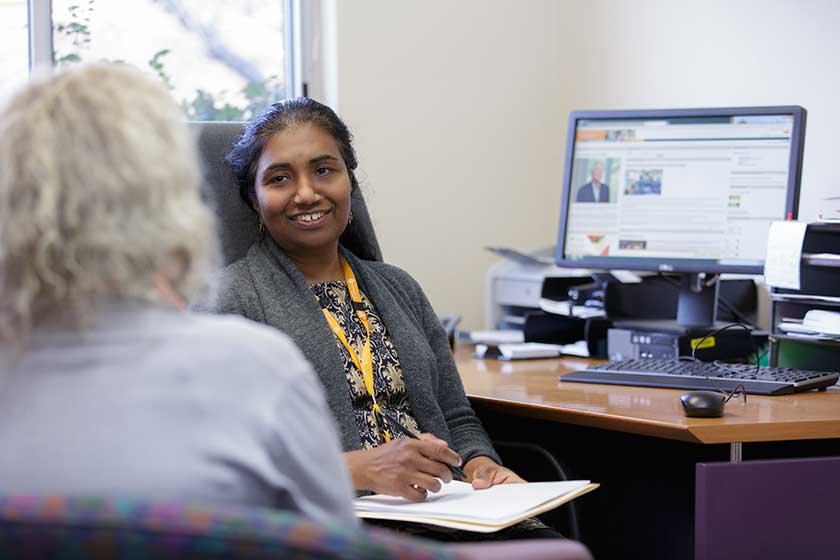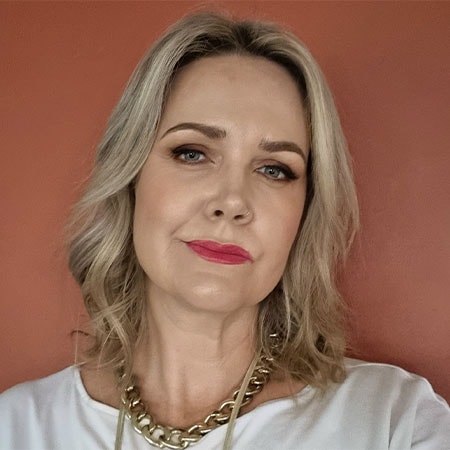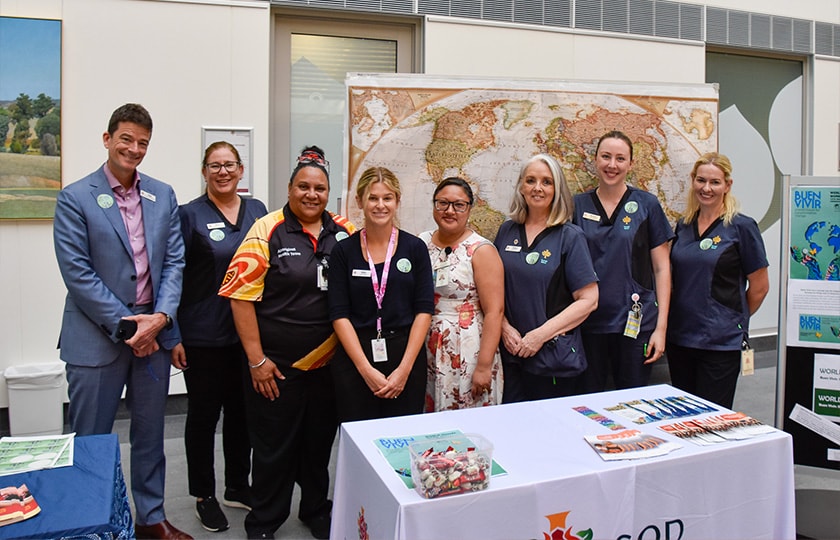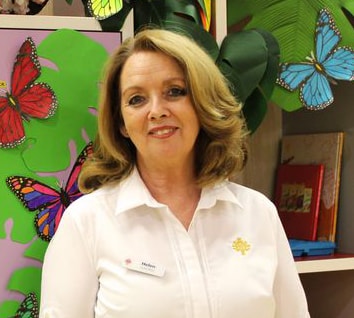Our governments, Federal, State and Territory, have worked tirelessly over the past 18 months to halt the spread of COVID-19. They relied on the cooperation of all us in order to be effective and we have been asked to live very differently. For many of us this dramatic and sudden change was extremely confronting.
We cannot escape the fact that controlling this virus has changed how we see our world and how we live. Social distancing goes to heart of what it is to be human, creating a great sense of loss at a time when would usually rely on our connection with others for comfort.
Added to this sense of lost connection are the numerous unanswered questions about when these measures will end, what the impact will be, and when life will return to normal. Even though Australia seems to be controlling the virus and vaccination rates are at world-leading levels, it is still a time of uncertainty.
The necessary response to bring this virus under control brought with it a combination of what I have often thought are the things which have the greatest impact of our emotional wellbeing – great uncertainty and loss of connection with others.
On their own, either of these things can have a big impact on a person’s mental health and emotional wellbeing. Now many of us experienced them together and to a degree probably never before felt.
So what can we do?
One thing I love about people is their ingenuity. We are finding ways to stay connected, technology enables us to meet and see each other. More than ever we need to connect and reassure ourselves and one another, that we are not in this alone.
How we are feeling, the worry, the fear, the apprehension, is something the whole country, and indeed the whole world, is feeling. Through our connection we can deal better with uncertainty and remind each other that together we will find our way through this crisis.
I, like many people I’m sure, have often wished for life to slow down a little bit. Now we find ourselves wishing it would get back to normal. Perhaps, it is a good time to reflect on whether or not there are parts of ‘normal’ that were not so helpful in our lives; bits of ‘normal’ that we might do well to not rush back to so quickly.
We should all welcome the recently announced additional funding for mental health care. It is so important that people who need mental health care are able to access it, even when they are unable to do so in the way they had previously.
Beyond the additional funding, how funding is distributed matters. Maybe it is also timely to look at alignment between funding models and service models so that providers will provide care that is more coordinated and less transactional.
We know that we can get control of this virus, even if we don’t exactly know when or how many lives will be lost. Would it be too much to hope that as we experience this crisis together and rely so much upon one another in order for our efforts to be effective, that we come through this with communities that are just a little gentler, a little kinder and value their connection with each other just a little bit more?




